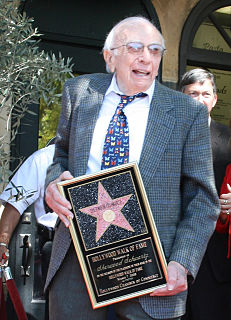A Quote by Steve Blank
The introduction of new technology is always disruptive to existing markets, particularly to content/copyright owners who sell through well-established distribution channels.
Related Quotes
I don't feel that this concept of disruptive technology is the solution for everybody. But I think it's very important for innovators to understand what we've learned about established companies' motivation to target obvious profitable markets - and about their inability to find emerging ones. The evidence is just overwhelming.
Authors and publishers want fair compensation and a means of protecting content through digital rights management. Vendors and technology companies want new markets for e-book reading devices and other hardware. End-users most of all want a wide range and generous amount of high-quality content for free or at reasonable costs. Like end-users, libraries want quality, quantity, economy, and variety as well as flexible business models.
I own all the characters I created, thanks to the Writers Guild, so nobody can do anything without me. The way it works is: If the copyright owners instigate a project, like the movie, then I get a fee as creator. If I instigate a project, like the musical, I pay a percentage to the copyright owners.
The reason why it is so difficult for existing firms to capitalize on disruptive innovations is that their processes and their business model that make them good at the existing business actually make them bad at competing for the disruption. Companies in fact are specifically organized to under-invest in disruptive innovations! This is one reason why we often suggest that companies set up separate teams or groups to commercialize disruptive innovations. When disruptive innovations have to fight with other innovations for resources, they tend to lose out.
Given any rule, however "fundamental" or "necessary" for science, there are always circumstances when it is advisable not only to ignore the rule, but to adopt its opposite. For example, there are circumstances when it is advisable to introduce, elaborate and defend ad hoc hypotheses, or hypotheses which contradict well-established and generally accepted experimental results, or hypotheses whose content is smaller than the content of the existing and empirically adequate alternative, or self-inconsistent hypotheses, and so on.
I do not think it is any benefit for artists or fans to have all the new, wide distribution channels in the online world controlled by those who have controlled the old, narrower ones, .. This is especially true if they achieve that control by leveraging their dominance in content or conduit space in an anticompetitive way to control the new, independent music services that are attempting to enhance the consumer's experience of music.
































